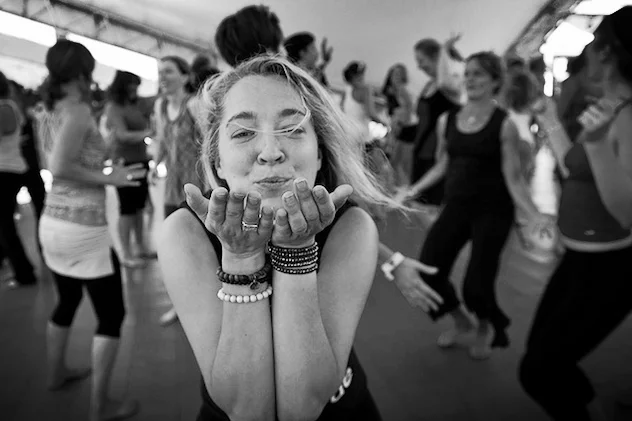We all have things we do a little too much or a little too often. To really be able to quit, your ‘why’ has to be strong enough to overcome the temporary discomfort of quitting. Without a good why, you won't survive the journey.
3 Key Steps to Self-Compassion
Most of us have a natural compassion towards others. We see someone struggling or suffering and it's our human nature to want to extend a hand, to offer loving kindness and to want to help. Yet, when we look inward, many of us struggle to offer ourselves the same kindness.
Self-compassion means to extend love, friendliness and acceptance to one's self in instances of perceived inadequacy, failure, or general suffering. To some extent, self-compassion also has the meaning of trusting oneself - trusting that we have what it takes to know ourselves thoroughly and completely without feeling hopeless, without turning against ourselves because of what we see. Self-compassion is a form of faith: a faith in the way we hold our conversation with life.
The Dalai Lama says that having compassion for oneself is the basis for developing compassion for others. When we have learned to have compassion for ourselves, this leads us naturally to unlimited friendliness toward others.
6 Steps to Dealing with Emotional Triggers
An emotional trigger is an emotional response that is out of character from your typical behavior. A trigger is something that sets off a memory or flashback, subconsciously transporting you back in time. When you're triggered, you're no longer responding to the present situation. Instead, you're running old software, unwittingly trying to repair your past.
10 Things You Should Give Up to Be Happy
Most of us want to live happier, healthier and more meaningful lives. In this pursuit, we often look at what we should DO to be happy, and that seems pretty obvious: do more things you like and less things that you don't like. But, we often look for happiness in all the wrong places. We hold on to so many things that cause us a great deal of pain, stress, and suffering — and instead of letting them all go, instead of allowing ourselves to be stress-free and happy — we cling to them. The Buddha called this habit "mistaking suffering for happiness," like a moth flying into the flame. This means that we confuse our temporary sense of relief or pleasure for happiness rather than seeing how it creates long-term suffering.
Five Questions to Help You Navigate Anger
There are quite a few things that I'd love to devote my entire day to, but let's be clear: jury duty isn't one of them. Alas, last week my number was called and it was my turn to go on down to the courthouse for my civic duty.
To be honest, I think I was in denial about the whole thing, half-hoping that by some miracle it would disappear off my schedule before the date arrived. But as the minutes ran out, I finally came around to accepting reality. I packed a bag full of books, brought my laptop, my phone and my journal and settled into a day that I expected to be about as thrilling as a trip to the DMV.
How to Find Balance
Balance? Are you kidding me? Is that even a thing?
Work-life balance seems to be not only my own nemesis, but just might be the great white whale of our time. It's the thing that we are constantly seeking to conquer, yet never quite able to attain. We wish that there was some kind of magical pie chart that would show us the exact proportions of a life well-lived, but in my experience, the math never really adds up in real life.
I work twelve hour days, seven days a week. I wake up before dark just to get my four miles in before the kids wake up. On any given day, I've got three companies to run, yoga to practice, reading to catch up on, and any spare minute is squirreled away for my writing projects. My husband and I high-five each other on the way out the door in the morning and pass out on the couch hours before the kids put themselves to bed. (Sexy, I know.)
Ask A Better Question
At some point over the last few months, I decided to not have fun.
I don't know if it was the aftermath of several back-to-back work events, moving to a new home, an extraordinary and unexpected tax bill, pouring myself into writing a new book, or saying "I do" and settling into a new life. But at some point, I unconsciously decided to get serious.
As if I wouldn't do these things if I allowed myself to be happy in the meantime. As if my seriousness would make me more efficient, more successful, better at getting-shit-done. Somewhere along the line, I fell into my old habit of living life as one never-ending checklist and seeing each day as the hamster wheel that gets me no closer to what I'm truly wanting.








